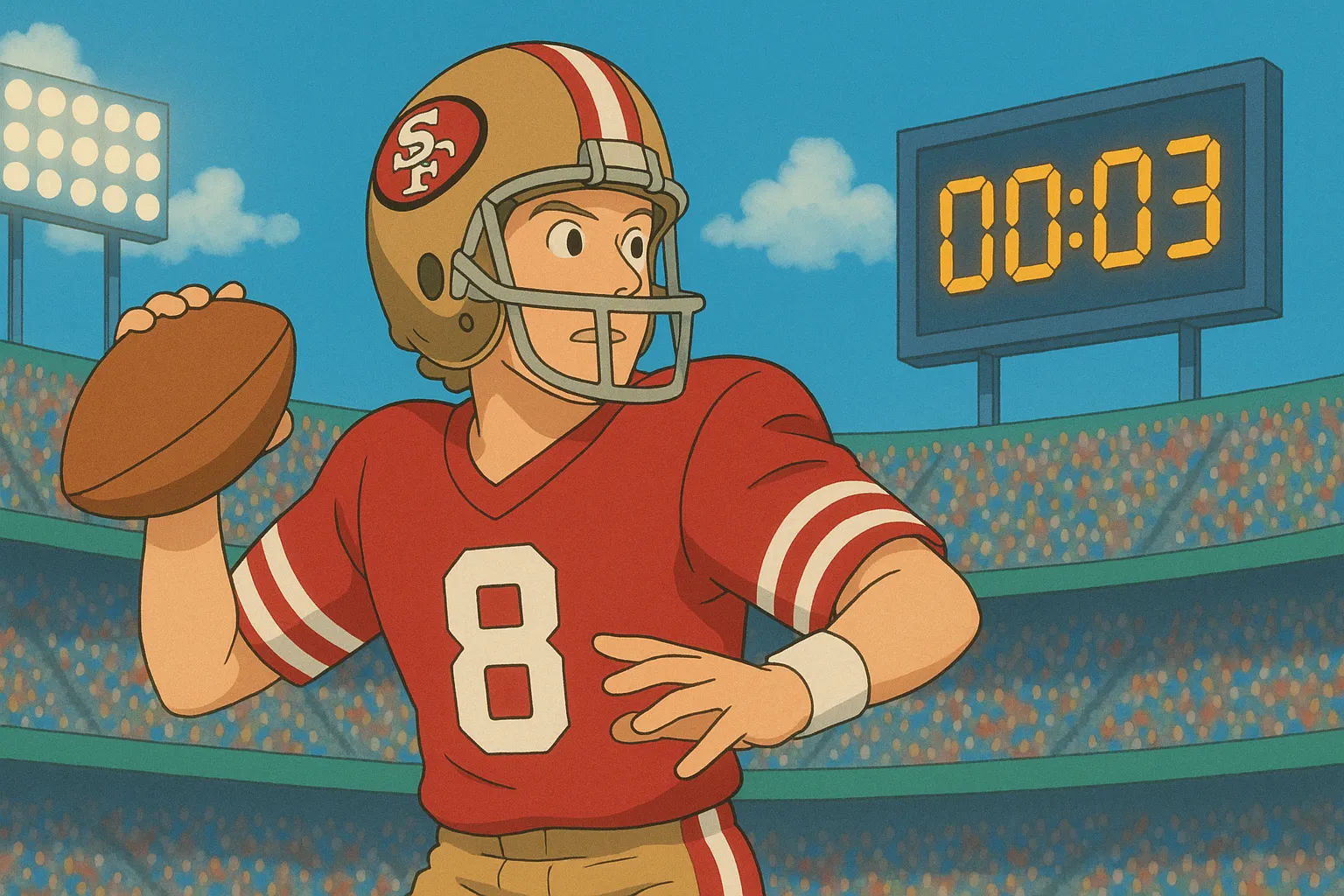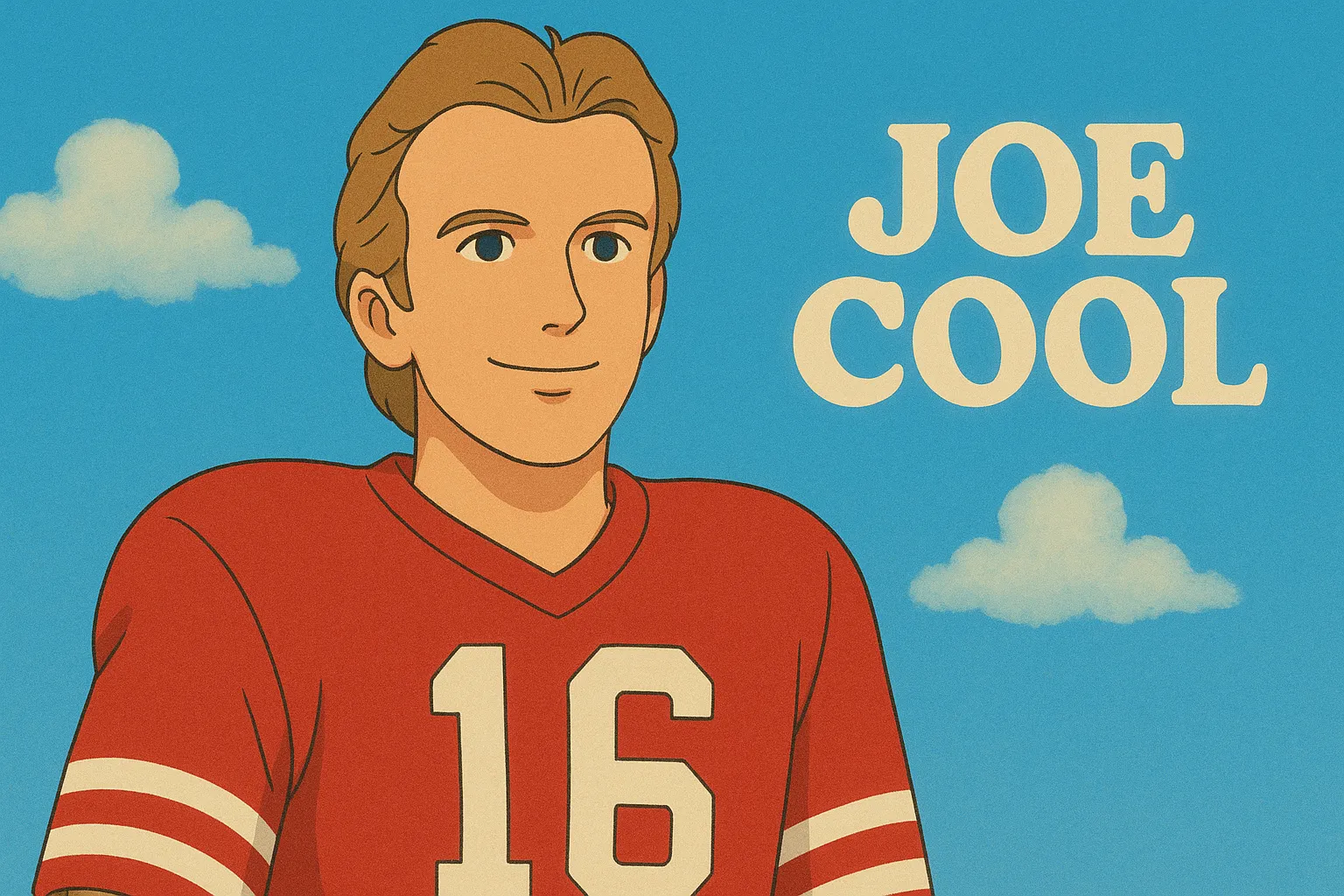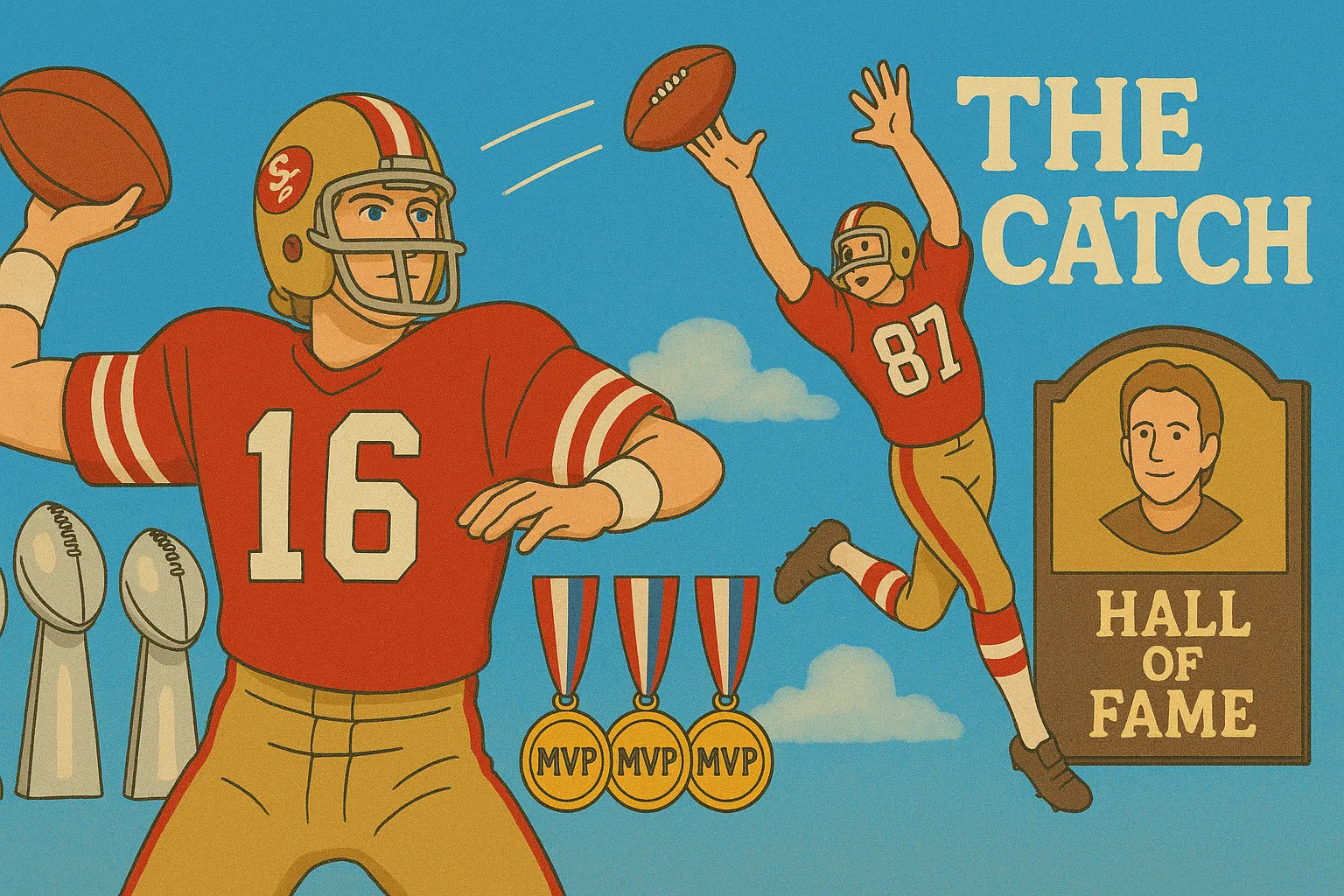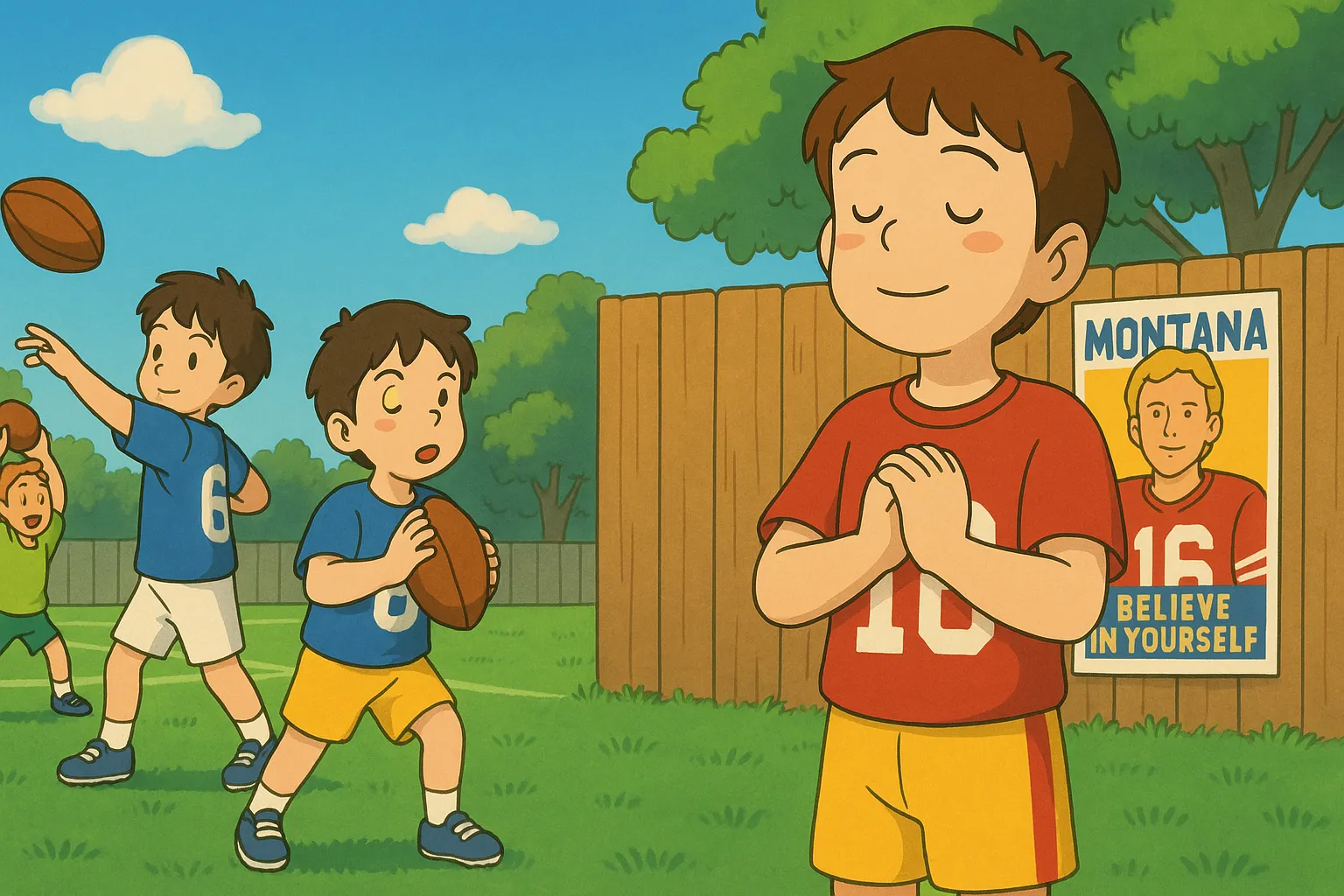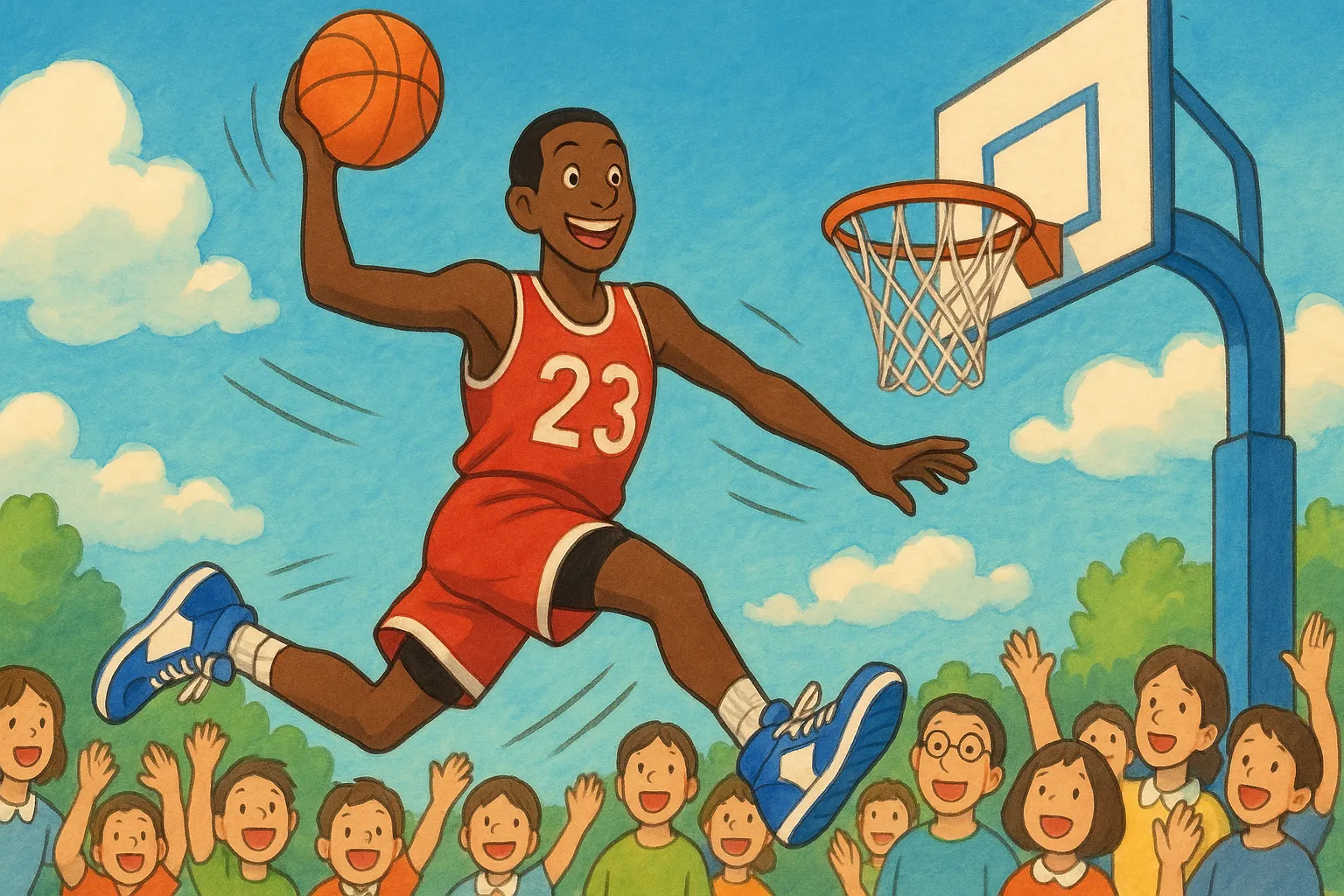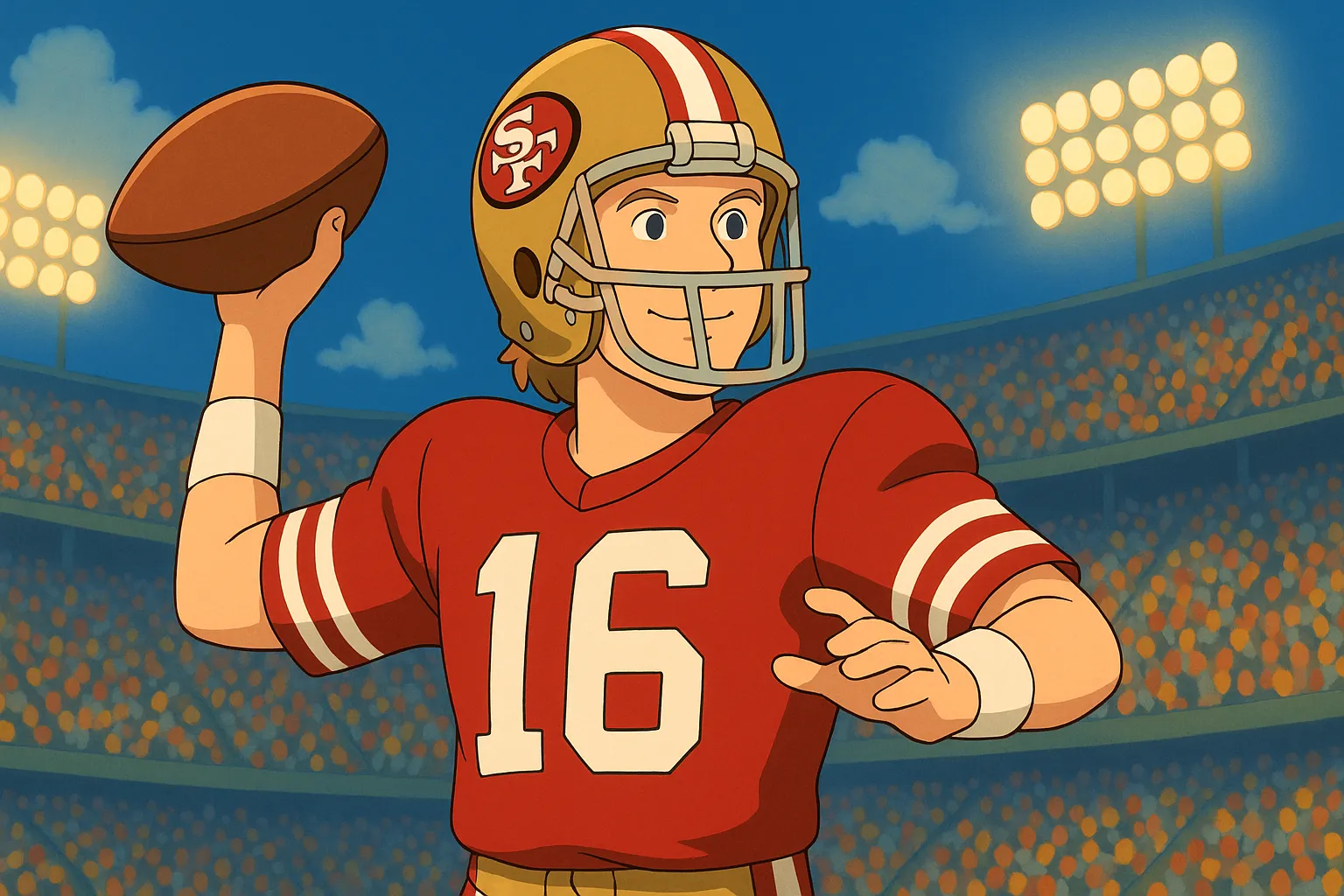
Frequently Asked Questions
Where did Joe Montana play college football?
He played at the University of Notre Dame in the mid-1970s and was part of the program that won the 1977 national championship.
Which NFL teams did he play for?
He spent most of his career with the San Francisco 49ers (1979–1992) and finished with the Kansas City Chiefs (1993–1994).
What jersey number did he wear?
He wore number 16 for the majority of his NFL career.
How long was his NFL career?
His professional career spanned from 1979 through 1994, a total of 16 seasons in the league.
Was he a right- or left-handed passer?
Joe Montana was a right-handed quarterback.
Did injuries affect his playing days?
Yes. Montana suffered injuries later in his career, including arm and elbow issues that limited his play and influenced his decision to retire.
What did he do after retiring from football?
After retiring he did broadcasting and public appearances, pursued business and investment interests, played golf, and supported charitable causes related to sports and health.
